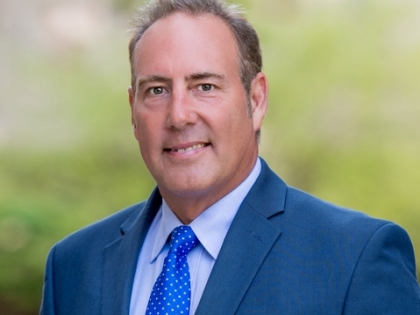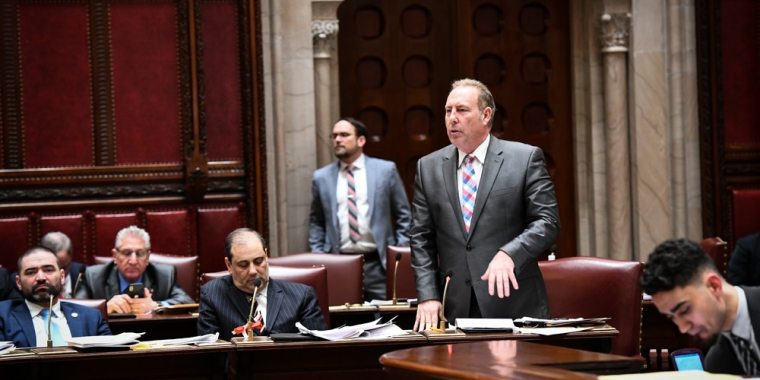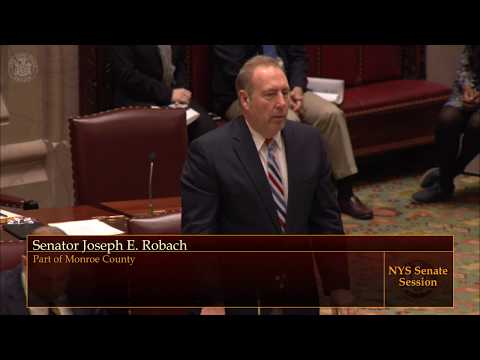
On-time Budget Yes, Reform Measures Must Continue
It is always a good day when something you have worked long and hard for comes to fruition. The Legislature passing a budget prior to the April 1st deadline through an open conference committee process is a historic moment in New York history. School districts, not for profits and other critically important organizations and programs will be able to avoid financial obstacles as they now have time to plan for the upcoming year.
As many of you know, passing an on-time budget and budget reform has been a career long objective. I maintained my position when it wasn’t always popular, and it was my top priority despite opposition and criticism when I was in the NYS Assembly. My passion for passing a budget by the deadline and giving New Yorkers what they deserve was so strong that in 2000 I put my political career on the line attempting to effectuate change.
The budget that has been passed by the Legislature is a financially sound plan which includes an additional $848 million in resources to schools; restores $762 million to hospitals and nursing homes; and alleviates the burden on taxpayers and municipalities by capping Medicaid and increasing revenue sharing.
While we can take pride in these accomplishments, legislators should not spend too much time applauding themselves. An on-time budget should not be the exception, it should be the rule. Whether this timely passage was the result of public outcry or extensive media coverage, state representatives need to ensure that budget reform measures are put into law to make this the norm.
While we have a budget agreement, we need to establish new laws which guarantee a timely passage every year. For this reason, the Senate made budget reform legislation its first order of business this legislative session which would change New York State law (S.1, S.2, S.3) to ensure a timely budget. Specifically the reforms would:
Shift the start of the state fiscal year to May 1;
Require early submission of the Executive budget;
Create joint conference committees;
Public submission of agency budget requests;
Provide for a binding revenue forecast.
This year, the Senate also tried to put a safeguard in place in the event a budget was not passed. The Senate passed a contingency budget plan. If a budget agreement was not reached by April 1st, a contingency budget would maintain spending levels adopted by the Legislature in the 2004-05 budget, with certain limitations and revisions. These are the types of reforms that need to be in place permanently.
This is not the end but the beginning. I am hopeful this historic budget agreement will mark a new era in New York State government and that all the players involved will embrace an on-time budget and enact these reforms. The time for legislators to act is now. I applaud the individuals who reached out to me and other legislators to push to have an on-time budget and have democracy work right. Hopefully, we will continue on this path to ensure an open, timely, accountable budget process.



